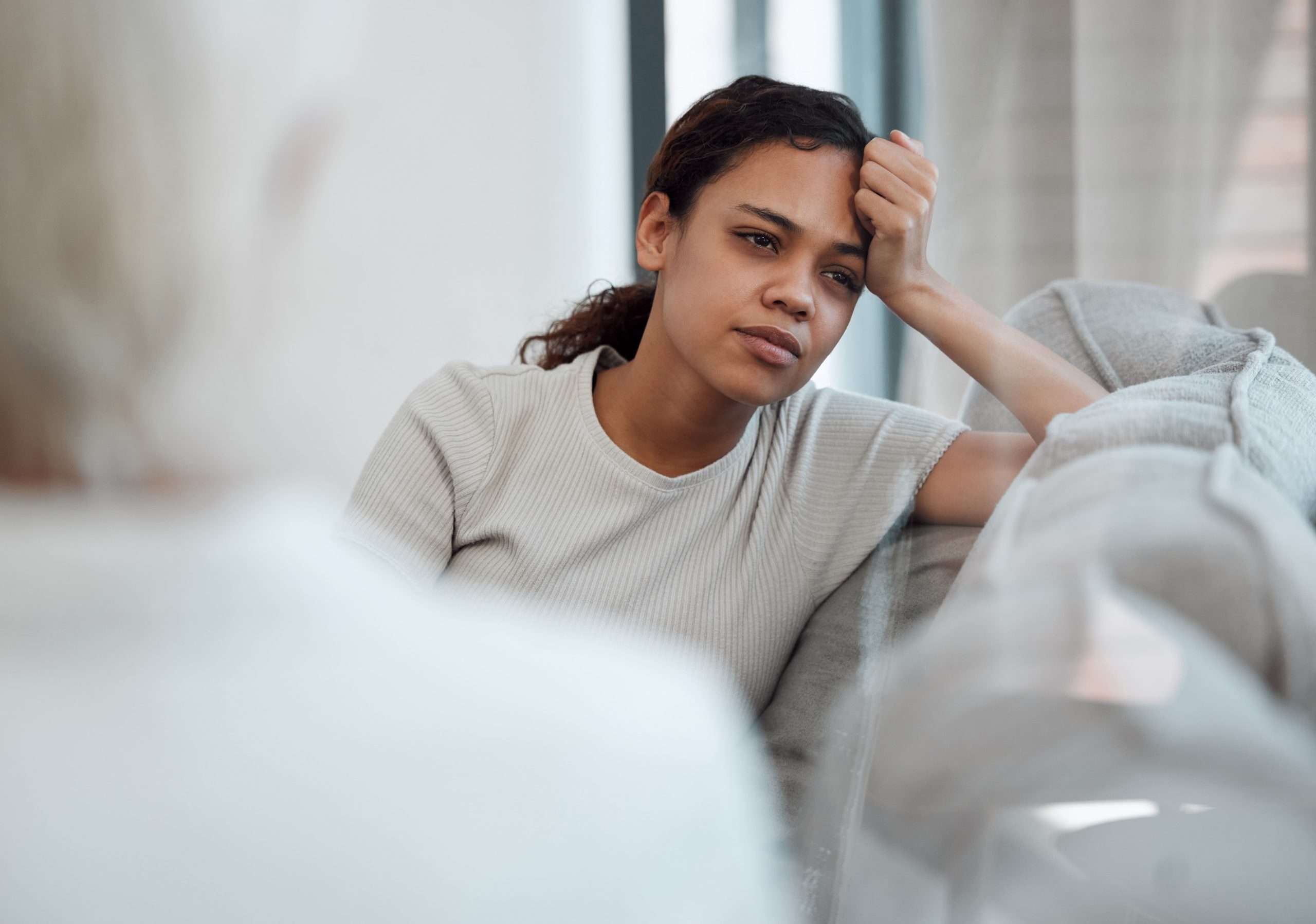Is alcohol a stimulant or a depressant? While drinking excessively can provide both types of results, alcohol falls under the heading of only one of these types of substances. People drink for many different reasons. Some want to feel and express their emotions in a freeing manner. Others want to minimize their feelings and numb themselves. Many people end up abusing alcohol in order to achieve both stimulant and depressant effects. Either way, alcohol addiction can happen to anyone. When it does, going to treatment provides the only effective, long-term way to get sober.
What Are Stimulants?
In order to answer the question “Is alcohol a stimulant?”, it’s important first to define what stimulants are. Stimulants are a type of drug designed to increase a person’s energy and alertness. They provide a boost in a person’s ability to stay focused and awake for both mental and physical activities. They also provide a sense of joy or euphoria for many. Stimulant drugs include cocaine, crack, amphetamines, methamphetamines, ecstasy, Adderall, Ritalin, and caffeine.
Stimulants are manufactured in two different forms. The first is prescription drugs which can be used to treat conditions like ADHD, narcolepsy, depression, and more. They may be used by the person for the conditions they have or used recreationally by them or others who do not have a prescription for them. Other types of stimulants are manufactured and sold illegally.
What Are Depressants?
Depressant drugs slow down a person’s central nervous system. They help people sleep, reduce anxiety, prevent seizures, and relieve muscle spasms. Depressant substances include benzodiazepines, barbiturates, and opioids. Prescription brand names include Xanax, Ativan, Valium, and Klonopin. Taking depressants causes a person to feel calmer and drowsy, and have slowed reaction times. They can also impair a person’s cognitive abilities and cause difficulty in forming memories.
Is Alcohol a Stimulant or Depressant?
It can be easy to think the answer to “Is alcohol a stimulant?” is yes. Many people consume alcohol, whether occasionally or in an abusive pattern, for its stimulant effects. Alcohol consumption increases the production of dopamine, a feel-good chemical in the brain. The brain naturally produces dopamine in relation to things like exercising, eating sleeping, and sexual activity.
Because of the good feelings that can come from drinking alcohol, many people believe it’s a form of a stimulant. They often drink to improve their moods and avoid difficult emotions like depression, anxiety, and sadness. It feels like an “upper” and can quickly develop into an addiction. When someone abuses alcohol on a regular basis, their brain becomes less able to produce dopamine naturally. It begins to rely on alcohol consumption to produce it. In turn, this makes the person become physically and psychologically reliant on drinking.
In reality, alcohol is a depressant. In fact, the main ingredient of alcohol is ethanol, which is a depressant. It slows down the central nervous system and causes depressive effects. This includes making a person feel relaxed, tired, and less inhibited. When consuming a large amount of alcohol, a person may lack physical coordination and have trouble thinking or speaking.
Many times, people drink to relieve depression and anxiety, not realizing that this approach does not work. This is because depressants can cause a rebound in feelings of depression and anxiety after the person sobers up. Over time, the individual’s addiction becomes entangled in their low feelings and creates a cycle. Drinking increases depressive feelings, and those same feelings cause a person to want to drink to relieve them. When this happens, the person needs professional alcohol addiction treatment.
How is Alcohol Addiction Treated?
Alcohol rehab requires more than one level of care in order to be effective and long-term. It begins with a detoxification program. Once a person completes this, they can transfer to a residential program. Another option that helps many people is using outpatient treatment. This includes:
Outpatient treatment ranges in the number of sessions per week and hours per day that are required. Outpatient programs require the least amount of time while PHP involves going to treatment sessions several days per week. Each type of outpatient program offers a varied menu of types of therapy modalities. Each type of therapy helps people in the process of overcoming addiction to alcohol.
If a person has a diagnosed mental health disorder, such as depression, anxiety, or PTSD, many treatment centers also can help treat that condition. In fact, alcoholism often occurs alongside a mental illness. When treated simultaneously, people can make progress in healing from both conditions, saving time and money.
Get Professional Help for Alcohol Addiction Now
Alcohol abuse affects the lives of millions of people and their loved ones.
Tampa Bay Recovery knows how to treat alcohol addiction in an outpatient setting that changes lives. Our team of addiction experts meets each person where they are in terms of their treatment needs. We create a program designed to help them understand alcoholism and overcome it. Sobriety is possible for everyone when they get the right kind of professional treatment.
To find out more about how to stop abusing alcohol, visit our admissions page now. Hope and help are just a phone call away.







